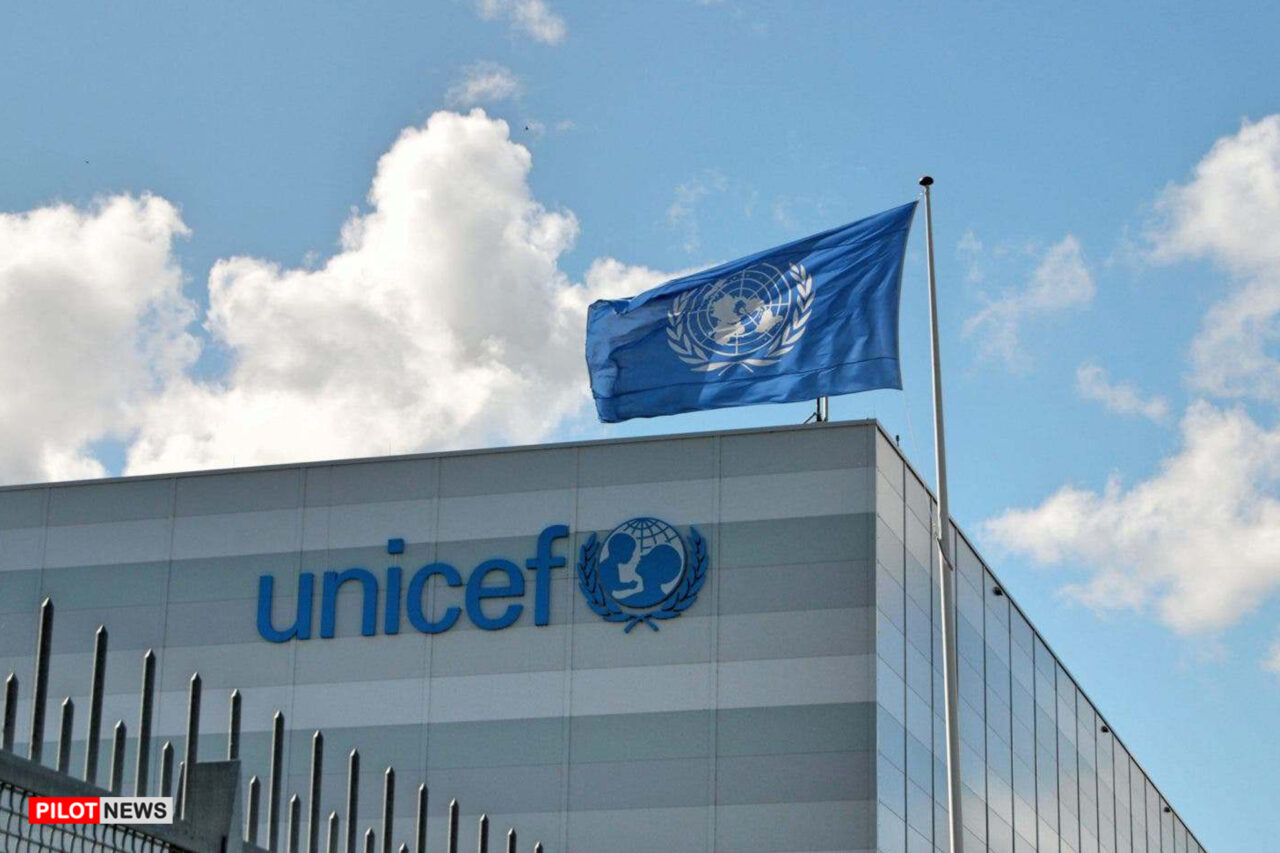The United Nations Children Fund (UNICEF), has called on the Bauchi State government and employers to create a conducive environment for working mothers to carry out six months exclusive breastfeeding of their newborn babies.
Dr Tushar Rane, the UNICEF Chief of Field Office Bauchi State, made the call during the 2023 World Breastfeeding Week Media Dialogue with theme “Enabling Breastfeeding: Making a difference for working parents” which held at Jamil Hotel in Azare, headquarters of Katagum local government area of the state.
Rane noted that breast milk is the first vaccine that every child received at birth, adding that it has the ability to safeguard infants against life-threatening infections, support optimal brain development in children, and reduce the incidence of chronic childhood and maternal illnesses as well as ultimately lowering healthcare costs.
“Women make up 20 million out of the 46 million workforce in Nigeria; 95 per cent are within the informal sector, while the formal sector only employs 5 percent. Shockingly, only 9 percent of organisations have a workplace breastfeeding policy, with only 1.5 per cent in the public sector. Women in the informal sector have nearly no support for breastfeeding”
“Workplace challenges to breastfeeding are one of the primary factors responsible for early cessation of breastfeeding. Women require sufficient time and support to breastfeed successfully. For working mothers, juggling between tasks and breastfeeding may be nearly often impossible.
“Nigeria currently implements two maternity entitlement provisions. The first, which is recognized at all levels of public service and codified in the Nigerian Labour Act, provides up to 12 weeks of maternity leave with at least 50% of salary and, upon return to work, half an hour twice a day during working hours to breastfeed”
“The second, recently adopted by the Federal Public Service and yet to be ratified by the states and local government civil service, is a 16-week maternity leave provision with full pay and two hours off each day to breastfeed up to six months after the employee resumes duty. The government and employers must provide the needed assistance for mothers and caregivers including those in the informal sector or on temporary contracts to conveniently breastfeed or support breastfeeding.
“We must promote policies that encourage breastfeeding, such as paid maternity leave for six months, as well as paid paternity leave, flexible return-to-work options, regular lactation breaks during working hours and adequate facilities that enable mothers to continue exclusive breastfeeding for six months. When working parents and caregivers have sufficient paid leave, they can meet the essential nutritional needs of their young children” Rane added.
- FG moves to secure natural resources, as presidential committee meets service chiefs - January 25, 2024
- Kogi govt pays JAMB registration fees for 15,033 public school students - January 24, 2024
- Edo Guber: APC debunks aspirants screening disqualification rumours - January 24, 2024


